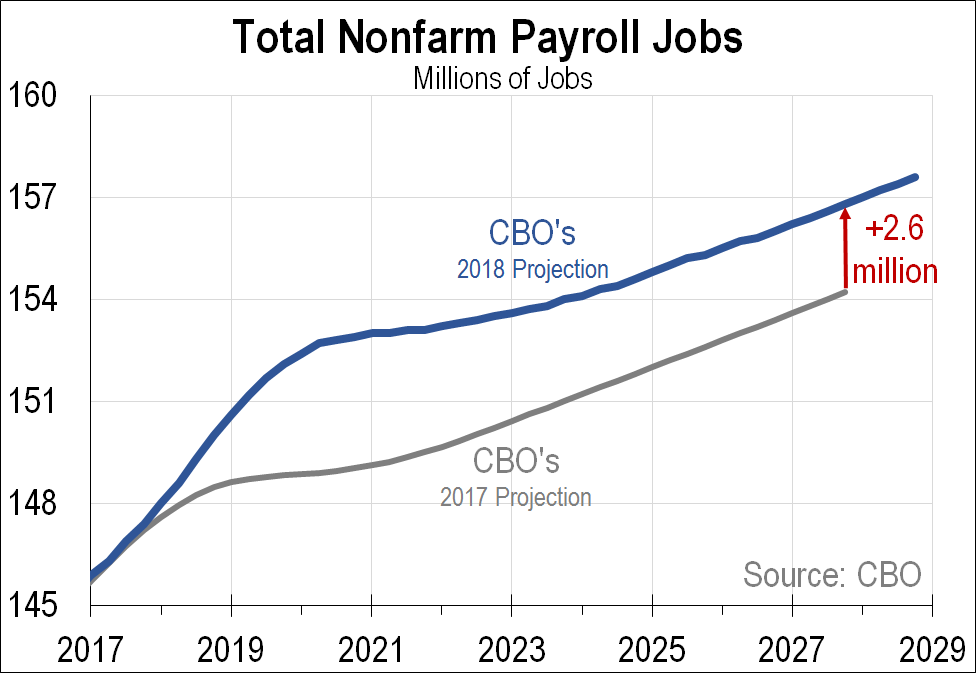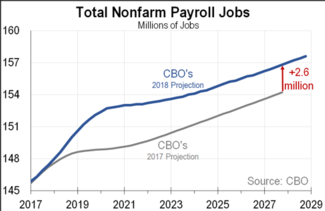IPAB – aka, the Independent Payment Advisory Board – is one of the chief cost-containing elements of ObamaCare. As designed, a presidentially appointed panel of medical experts will convene to decide how much the government will pay for certain kinds of care, and who gets which treatments.
That means that “The IPAB is essentially a health-care rationing body,” writes Howard Dean in the Wall Street Journal. “By setting doctor reimbursement rates for Medicare and determining which procedures and drugs will be covered and at what price, the IPAB will be able to stop certain treatments its members do not favor by simply setting rates to levels where no doctor or hospital will perform them.”
Dean, who is a licensed medical doctor and spent 11 years as the Democratic Governor of Vermont before running for president in 2004, knows from experience that IPAB is doomed to fail.
“There does have to be control of costs in our health-care system. However, rate setting – the essential mechanism of the IPAB – has a 40-year track record of failure,” says Dean. “What ends up happening in these schemes (which many states including my home state of Vermont have implemented with virtually no long-term effect on costs) is that patients and physicians get aggravated because bureaucrats in either the private or public sector are making medical decisions without knowing the patients. Most important, once again, these kinds of schemes do not control costs. The medical system simply becomes more bureaucratic.”
Dean goes on to call for a bipartisan repeal of IPAB, which is great to read and should be acted on. But the logic of including IPAB with ObamaCare’s structure makes perfect sense. Government-controlled health care is centrally-controlled and -planned health care.
If Dr. Dean wants a more patient-centered health care system he should be calling for repeal of ObamaCare in its entirety and greater deregulation of the health care industry. Empowering a new generation of medical entrepreneurs that can leverage advances in technology into boutique health care outlets would drive down costs, increase business opportunities and improve the quality of individualized care.
Dean is right to shudder at the care-killing cost of bureaucracy. Maybe one day he’ll discover the possibilities of a freer health care market too.






 CFIF Freedom Line Blog RSS Feed
CFIF Freedom Line Blog RSS Feed CFIF on Twitter
CFIF on Twitter CFIF on YouTube
CFIF on YouTube